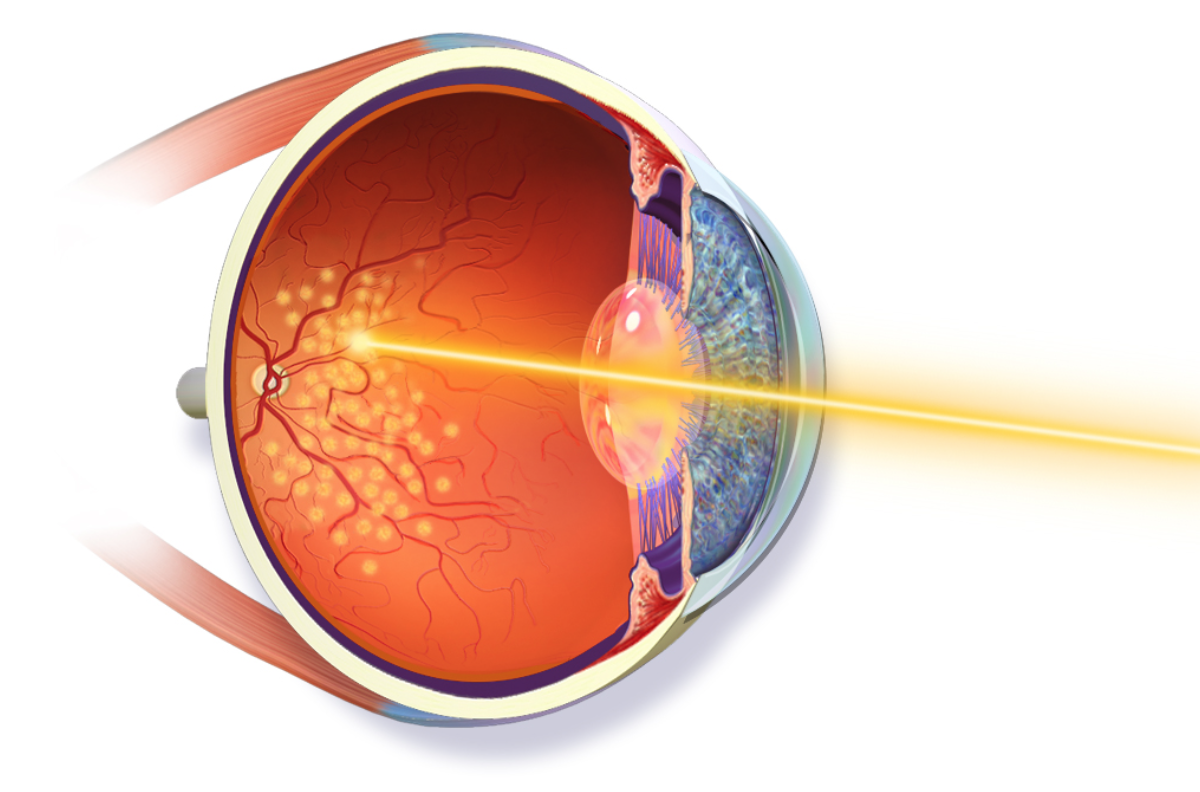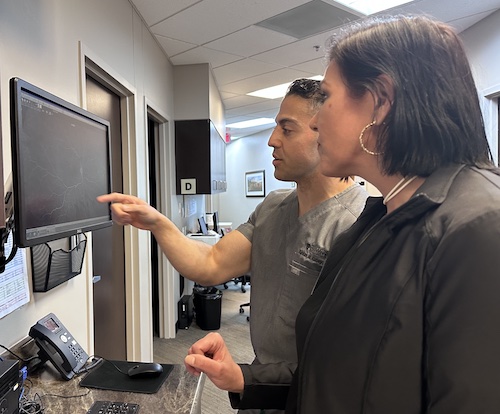
Posted On February 28, 2023 /
By Debbie Muse / Posted in Blog
Four New Clinical Trials Available at Texas Retina Associates
Our physicians remain committed to participating in ongoing retina research and providing our patients access to promising new treatment options through clinical trials. We recently opened four new clinical trials: Diabetic Macular
read more
Posted On July 27, 2021 /
By Debbie Muse / Posted in Blog
What is Retinal Laser Photocoagulation?
Retinal laser photocoagulation is an in-office procedure used to treat a number of retinal conditions, including retinal tears, diabetic retinopathy, macular edema and retinal vein occlusion. It is most frequently used to
read more



